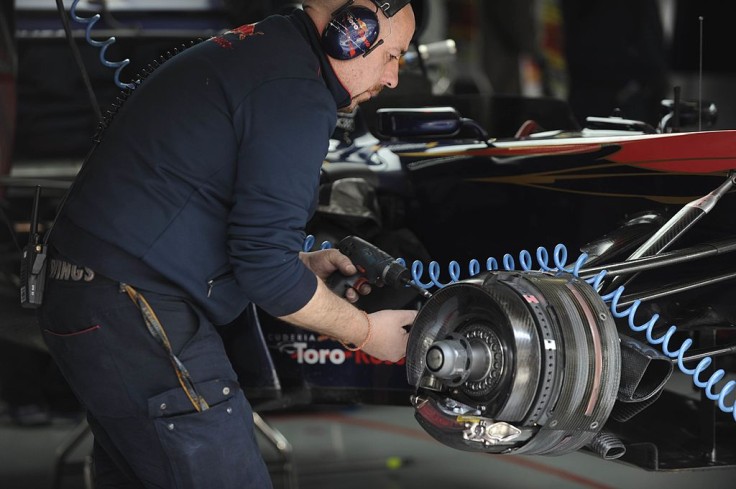A car is a property that needs proper maintenance. When you own a car, you must be very particular of the parts to ensure that it is in its best condition. A car in a good condition ensures the safety of its driver and passengers.
One of the most crucial parts of a car is its brake. Therefore, it is only a must for you to pay attention to the warning signs that your brake might need to be checked by a service man.
You might easily spot some warning signs that you brakes need checking. You might notice the brake light appearing on your car's dashboard. You might also experience that your car is taking longer to stop than it should. If you have experienced the said signs, it's time to bring your vehicle to a mechanic.
But there are other signs to spot an ailing brake system. Here are the signs that indicate that you need to have your car's brakes checked.

5. Strange Sounds
One of the indicators that your brakes need servicing is the high-pitched screeching squeal. The screech indicates that your brake pads need replacement. Therefore, if you hear this sound, call a mechanic immediately.
Aside from the squeal, check for a harsh grinding sound for this means "you've gone completely through your brake pads and now, when you apply the brakes, the metal of the calipers is grinding against the metal of your rotors," according to How Stuff Works.
4. Visible Wear-and-Tear
You can conduct a visual inspection of your break to know its condition. Check the thickness of your brake pads. Check between the wheel's spokes, and you'll find the brake pads pressed up against a metal rotor.
If the pads are thinner than a quarter inch, it's probably a good idea to have it checked or better yet, replaced.
Read Also: 2016 Honda Civic News: 350,000 Units Recalled Due To Faulty Electronic Brakes
3. Brake Pedal Vibration
Warped rotors cause vibration or pulsating through the brake pedal. "Their uneven surfaces will thrum against the brake pads, and you'll feel the feedback through the brake pedal," according to How Stuff Works.
Extreme stress for an extended period of time can cause rotors to warp. Irresponsible braking can be a cause of warping but it is not the sole cause. Rotors grow too old and thin over time making it susceptible to warping. A warped rotor is a sign that it needs replacement.
2. Temperamental Pedal
You may also experience a mushy pedal. This is the one that "goes practically to the floor before engaging the brakes." Worn pads or a problem with the hydraulic system are the causes of a mushy pedal.
If the brakes grab immediately at the slightest touch, this means that you are experiencing something that is opposite the mushy pedal. Unevenly worn rotors, dirty brake fluid or contamination of the fluid by moisture may be the cause of such. Both situations require immediate checking and servicing.
1. Pulling to One Side
You may experience that there is some force that is pulling your car to one side during braking. This is possibly due to the brake linings wearing unevenly. This means it needs adjustment.
"It could also be a sign that there's some sort of foreign matter in the brake fluid, which means you'll need to get the fluid drained and replaced," according to General Auto Repair.
Related Article: Brake Problems Lead to Toyota Prius Recall









